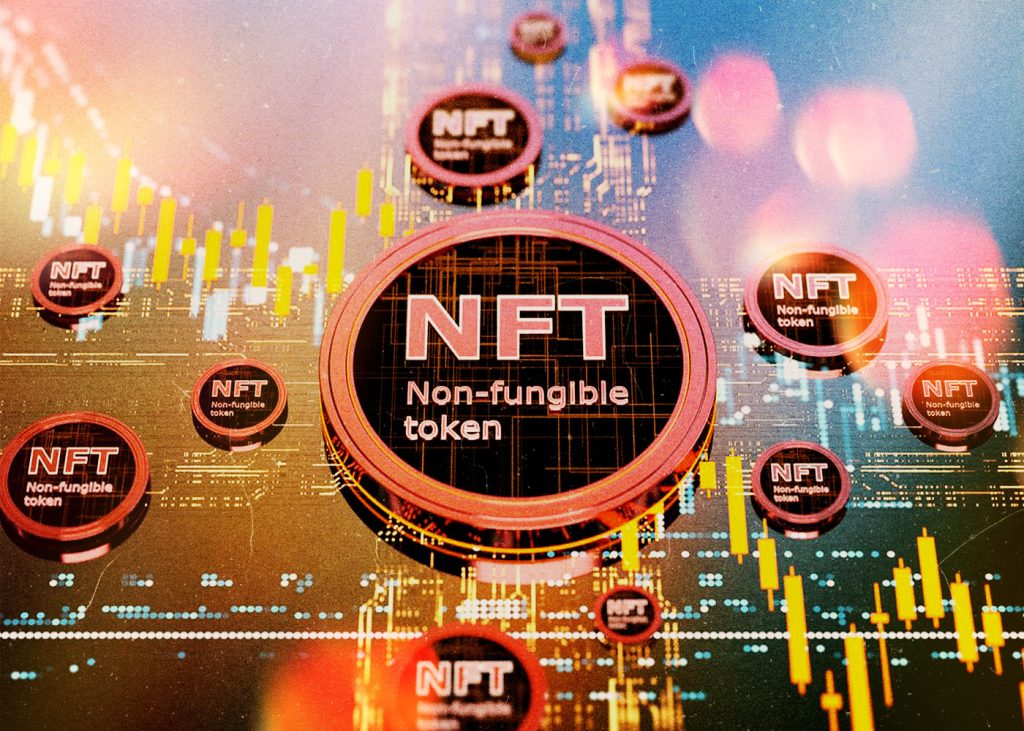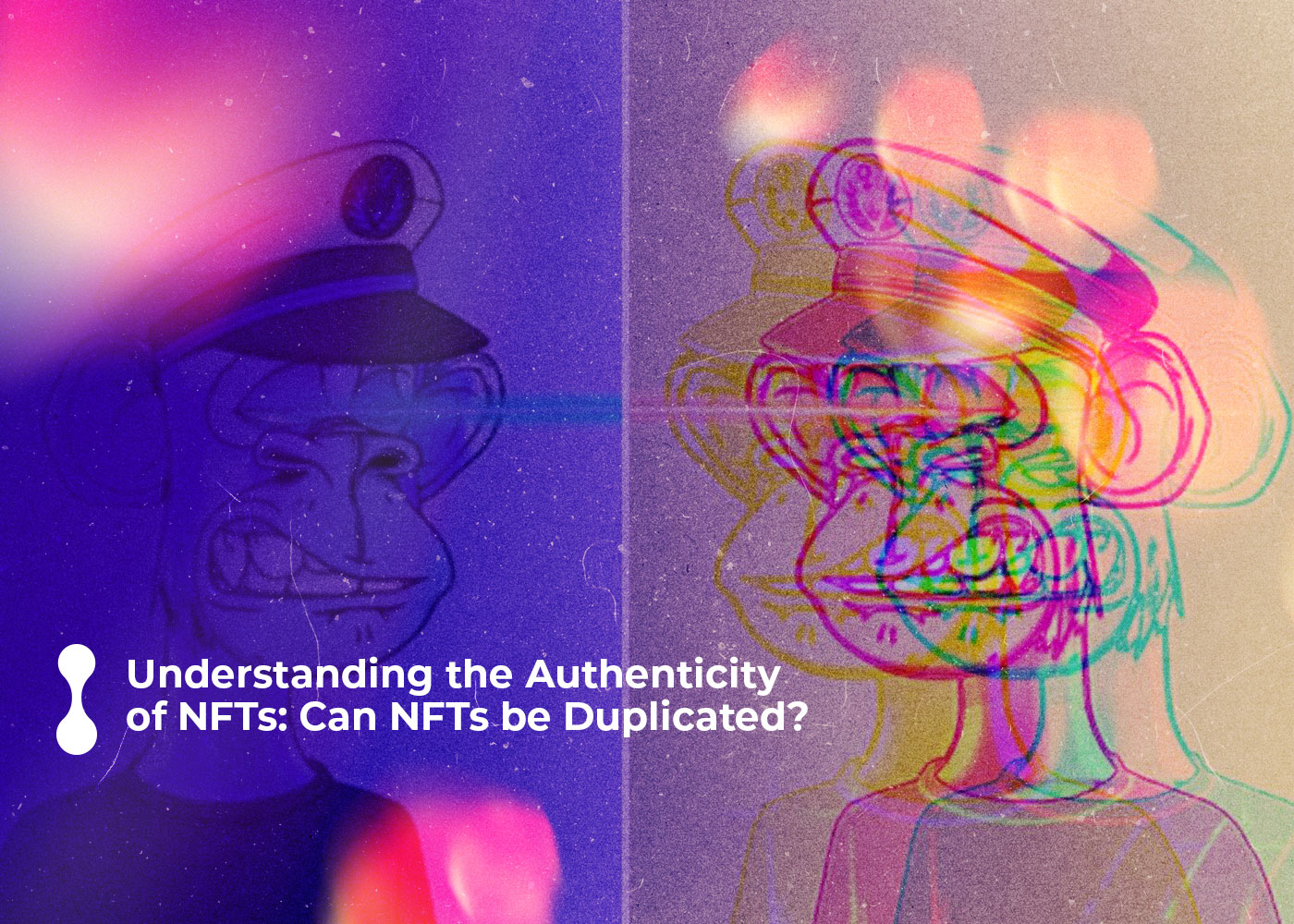Non-fungible tokens (NFTs) have become increasingly popular in today’s digital world. With their ability to store data, represent physical goods and services, and more, people are seeing the value they can bring to many different industries—which is why it’s important to understand what these tokens are, how they work, and if they can be duplicated or not. In this blog post, we will explore how NFTs are used in authentication and verification systems, as well as explain whether they provide a unique product that cannot be replicated. We will also discuss their implications for various applications, such as tracking goods on a supply chain or trademarks. Hopefully, by understanding NFTs better, you leave with an appreciation of just how interesting this technology is!
Before Going Further: What Are NFTs and How Do They Work?
Non-Fungible Tokens, or NFTs, are digital assets that validate the ownership and authenticity of unique items like music recordings, artworks, and creative pieces. Their innovative blockchain technology offers robust protection against counterfeiting and fraud while verifying all transactions securely.
Here’s a simplified explanation of how NFTs work:
- Creation: Creative individuals craft special digital items, such as works of art or music, and then attach them to a Non-Fungible Token (NFT) on a blockchain platform.
- Verification: Using a distinct code, Non-Fungible Tokens (NFTs) can validate the assets they represent and prove who owns them.
- Sale: Like any other asset, the NFT can be bought and sold while its ownership is transferred from seller to buyer using blockchain technology.
- Display: As the new owner of an NFT, you can showcase your possession and subsequently sell or exchange it whenever you desire.
The verified ownership, rarity, and indissolubility of NFTs have triggered a rising digital collectible market. It is necessary to remind that while the asset’s possession can be confirmed via an NFT, it does not allow its proprietor any copyright or licensing rights to the original content.

So, Can NFTs be Duplicated?
As you can see, the “verification” step is a precaution against NFT duplication. But let us explain it in detail.
Technically, the NFT itself cannot be duplicated due to the unique cryptographic code that identifies it on the blockchain. However, the underlying digital asset or content that the NFT represents can be copied or reproduced.
NFTs, or Non-Fungible Tokens, are protected against duplication through the use of blockchain technology. Each NFT is unique and is represented by a digital token with a unique code verifying its ownership and authenticity. This code is stored on a blockchain, which is a distributed ledger that records and verifies transactions.
Blockchains are highly secure and resistant to tampering or modification, making them ideal for verifying ownership and preventing duplication or counterfeiting of NFTs. When an NFT is created, it is registered on the blockchain and is associated with a unique cryptographic code that is mathematically generated based on the digital asset or content it represents. This code is stored on the blockchain and is publicly accessible, allowing anyone to verify the ownership and authenticity of the NFT.
Additionally, because blockchains are decentralized and distributed, no central authority can manipulate or modify the records. This means that once an NFT is registered on the blockchain, it is permanent and cannot be altered or duplicated.
However, it’s worth noting that while NFTs are protected against duplication on the blockchain, the underlying digital asset or content that the NFT represents can still be copied or reproduced. NFTs verify the asset’s ownership and authenticity but do not necessarily grant any copyright or licensing rights to the content.
Final Words:
Can NFTs be duplicated? The short answer is no. It’s clear that NFTs are a special and unique type of digital asset due to the blockchain technology used to verify their ownership. While you can’t duplicate them, collecting them is its own reward, thanks to their artistry, authenticity, value, and potential scarcity. NFTs have already had a massive impact on the digital world, but with further development and increasing use by major companies, we can expect even more ways for these tokens to shape our lives in the near future. Thanks to NFTs, new opportunities for earning capital and enjoying an ever-evolving digital landscape have opened up for individuals worldwide. Investing in these assets may be risky, but with great risk comes potentially incredible rewards that no other asset class has offered.
